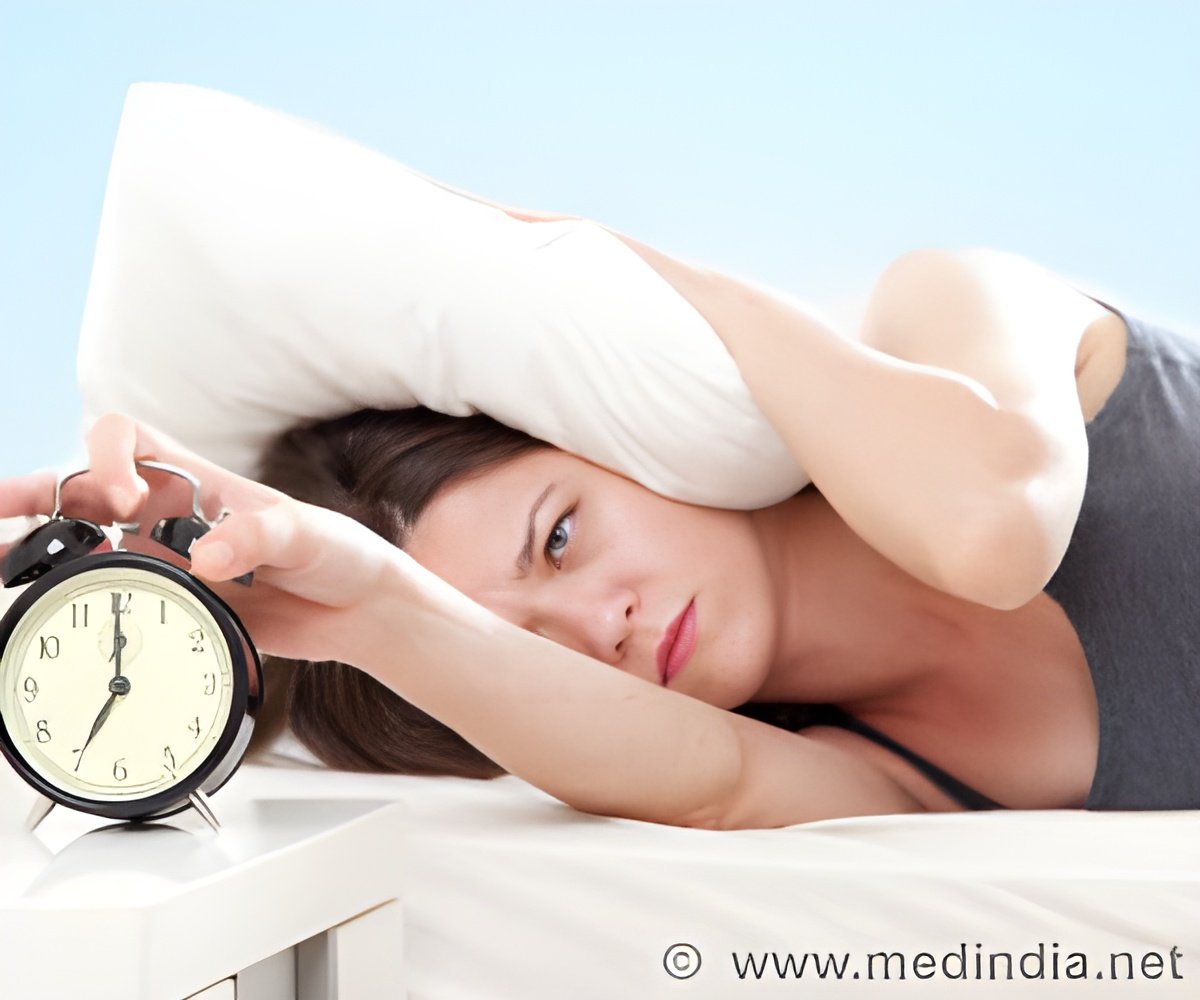Sleeping with the light on can make your block clock skip a beat, researchers help us understand the reasons why.

‘Exposure to bright lights at night reduces melatonin, a hormone that regulates the circadian rhythm.’





Melatonin is a hormone produced in the brain at night that regulates this body clock and exposure to light before bedtime may reduce sleep quality by suppressing its production. The research team aimed to explore the link between the physiological process that enables our internal body clock to synchronise to external time cues (i.e. day and night) - called circadian phase resetting - and suppression of melatonin.Melatonin suppression and circadian phase resetting are often correlated such that high levels of melatonin suppression can be associated with large shifts of the body clock. This association between the two responses has often been assumed to represent a functional relationship, resulting in the acceptance that one could be used as a proxy measure for the other.
Circadian phase resetting is more difficult to measure than melatonin suppression, meaning the latter has often been used to assess disruption to the body clock caused by light exposure at night. However, this research has found that the magnitude of the shift in internal body clock is functionally independent from melatonin suppression. This casts doubt on the use of melatonin suppression as a proxy for circadian phase resetting. This knowledge may shape future research designed to improve treatments for depression and shift work sleep disorder.
The researchers tested the association between melatonin suppression and circadian phase resetting in participants who received either continuous or intermittent bright light exposure at night. This research procedure involved each participant completing a 9-10 day inpatient study at Brigham and Women's Hospital, Boston, under highly controlled laboratory conditions with strict control over their sleep/wake, activity and light/dark schedules. Intermittent exposure patterns were found to show significant phase shifts with disproportionately less melatonin suppression.
Moreover, each and every intermittent bright light pulse induced a similar degree of melatonin suppression, but did not appear to cause an equal magnitude of phase shift. Despite the results of this study suggesting functional independence in circadian phase resetting and melatonin suppression responses to exposure to light at night, the study's conclusions may be restricted by the limited sample size in each light exposure condition.
Advertisement
"Overall, our data suggest that melatonin suppression and phase resetting are sometimes correlated, but ultimately are regulated by separate neurophysiological processes. Therefore melatonin suppression is not a reliable surrogate for phase resetting. This is an important consideration for developing light-therapy treatments for people who have poor quality sleep and biological clock disruption, such as shift workers, or disorders such as depression. Additional work is needed to optimize light therapy protocols used as treatment."
Advertisement
Source-Eurekalert









